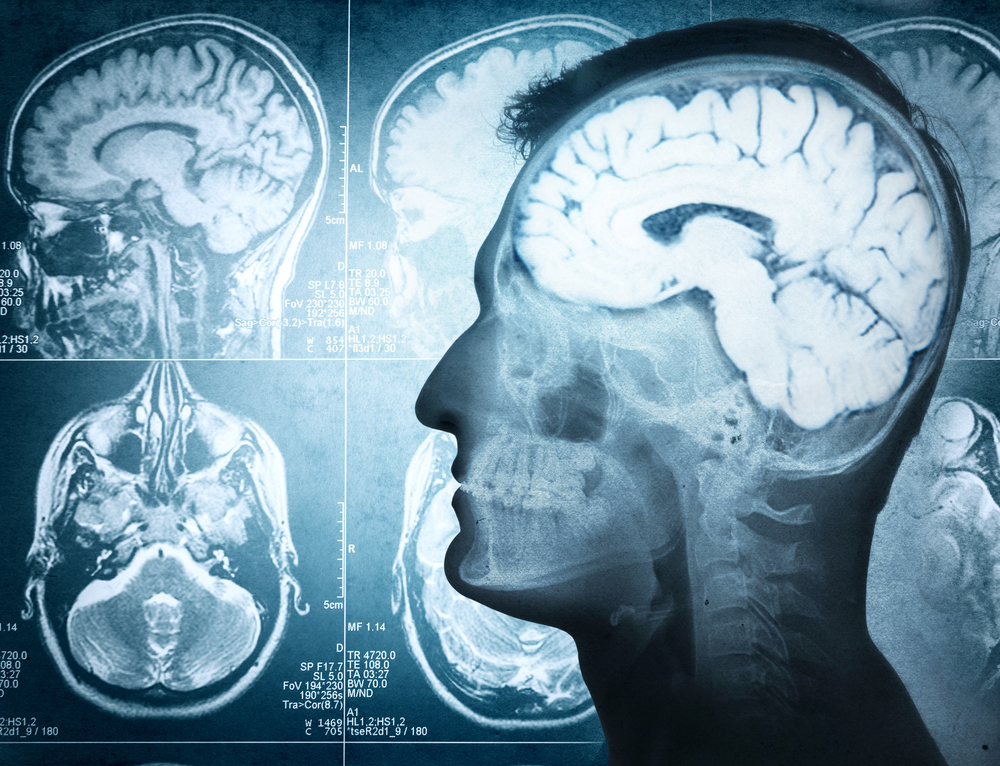Overactive Innate Immune System Seen as Underlying Cause of Neuronal Death in Parkinson’s

Chronic activation of the innate immune system, the body’s first line of defense, is the main cause of a range of symptoms common to neurodegenerative diseases including dementia, an impairment often found in Parkinson’s disease patients, researchers from the University of Adelaide reported. The possibly important study, “The Enemy within: Innate Surveillance-Mediated Cell Death, the Common Mechanism of Neurodegenerative Disease,” was published in Frontiers in Neuroscience.
Neurodegenerative diseases such as Alzheimer’s, Parkinson’s, and Huntington’s differ in early symptoms and brain cell types affected, although similarities appear as the diseases progress. All neurodegenerative diseases are also characterized by the selective death of neurons in the central nervous system. Research evidence has increasingly shown that neurodegeneration is accompanied by the activation of the innate immune system, which possibly launches an over-the-top response culminating in abnormal cell death.
“Our interest in the body’s own (innate) immune system as the culprit began when we discovered that immune system agents become activated in a laboratory model of Huntington’s Disease,” Professor Robert Richards, the study’s lead author, said in a news release. “Remarkably, researchers from other laboratories were at the same time reporting similar features in other neurodegenerative diseases. When we pulled the evidence together, it made a very strong case that uncontrolled innate immunity is indeed the common cause.”
Researchers analyzed evidence investigating cell death, neurodegeneration, and symptoms such as dementia. The innate surveillance system, which is essential for the detection and elimination of a pathogen attack, is composed of intracellular, extracellular, and systemic responses. Multiple studies have shown that mutations in proteins involved in this immune response are linked to many familial forms of neurodegenerative diseases, suggesting that those harboring these mutations have amplified inflammatory responses, and that consequent cell death and tissue damage are possible pathogenic pathways responsible for such diseases.
Other factors, such as infection, toxins or physical injury, can also lead to malfunctions of the innate immune system. The innate immune system initially protects against these triggers, but prolonged activation becomes self-perpetuating, causing brain cell death.
The investigators hope that this new and unifying view of neurodegenerative diseases will lead to further experiments and research, and also improve the design of clinical trials.
“The hypothesis stated here, that innate surveillance mediated cell death is the common cause of neurodegeneration, is a paradigm shift,” they concluded. “This model heralds the exciting prospect of finally having a unifying view that accommodates all known data and reconciles some of the long-standing incompatibilities between previous models for neurodegenerative diseases.”
Added Professor Richards: “We hope this new way of understanding neurodegeneration will lead to new treatments. We now need to further investigate the immune signaling molecules, to identify new drug targets that will delay the onset and/or halt the progression of these devastating diseases.”






